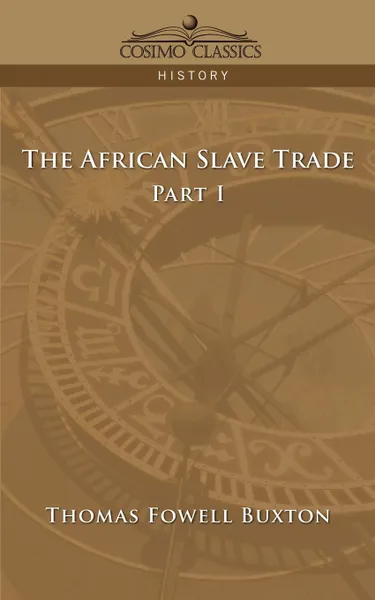The African Slave Trade - Part I 12+
Автор: Thomas Fowell Buxton
2005
276 страниц
Категория: Научная литература
ISBN: 9781596051942
Язык: Английский
📙 One of the most prominent abolitionists of his era, Sir Thomas Fowell Buxton campaigned ceaselessly for the end of what he termed "a commerce which [has] produced more crime and misery, than perhaps any other single course of guilt and iniquity." In his deeply influential treatise The African Slave Trade and Its Remedy, published in 1840, he set out to demonstrate the cultural and economic folly of the slave trade-for both the African nations and those who did business with them-and to enlist the support of the general public and the British government for diplomatic efforts aimed at ending slavery.This is Part 1 of Buxton's revolutionary work. Part 2, The Remedy, is also available from CosimoBooks.British social reformer SIR THOMAS FOWELL BUXTON (1786-1845) was a champion of London's most impoverished citizens, fought for prison reform, and sought to end capital punishment and slavery. He served as a member of the House of Commons from 1818 to 1837, and his life and works are commemorated by a monument in Westminster Abbey.
Мнения
